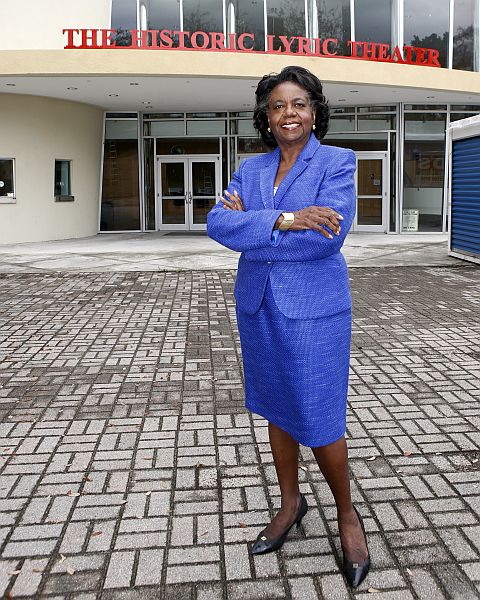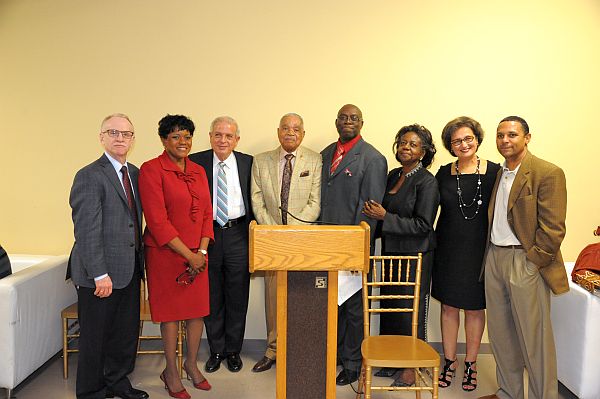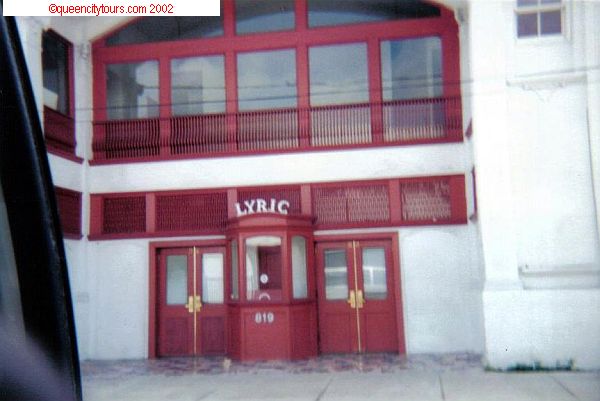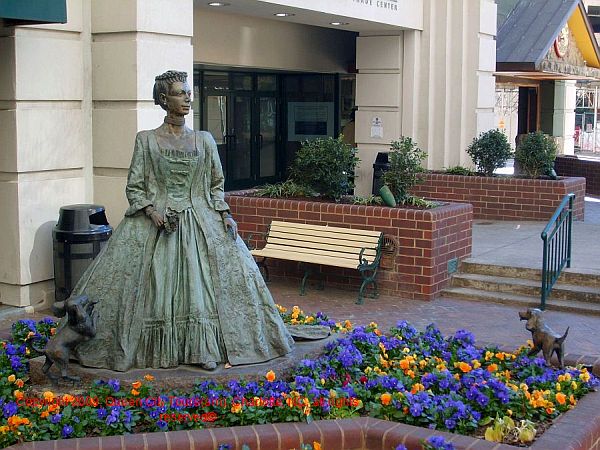This interview arose out of a statement made by Mr. William D. Talbert, III during our March 2014 edition of Trend Magazine Online™. His statement concerning the renaissance and reopening of the historic Lyric Theater in Overtown Miami was the spark that ignited my interest in following up with this particular interview. During my search for additional information on this historic theater; one name kept coming up -- Dr. Dorothy J. Fields, PhD. My next challenge was of course finding out how to get in touch with this maverick of Black/African-American history. My additional researches lead me to an organization called The Black Archives History and Research Foundation of South Florida, Inc. One email to this fine organization netted me a prompt response from the woman herself -- Mrs. Black history!
Dr. Fields was keen to the idea of an online interview from the start and eager to assist me in learning more about her life in conjunction with the historic Lyric Theater Miami which she personally saved from the wrecking ball years ago. During the interview process I learned that we have a number of parallels between the two of us. She is a person that believes in the principle of ″If it is to be it is up to me,″ which prompted both of us to start something that had not already existed. In her case it was to start the process of documenting Miami′s Black history after a statement made by a local librarian that ″Those people have not thought enough of themselves to write their history,″ in 1976 (Our Bicentennial). In my case it was an attendance at an exhibit at the old Charlotte Museum of History -- in the early 1990′s -- called Balance of Power that blessed me with the idea of Charlotte, North Carolina′s first Black/African-American Heritage Tour™. In addition, we also both have a heritage that connects us with the Bahamas and my hero Mr. Sydney ″Mr. Tibbs″ Poitier. Finally, we were both born in the Magic City a.k.a. Miami, FL.
Here is what Dr. Fields had to say about her and their venue...
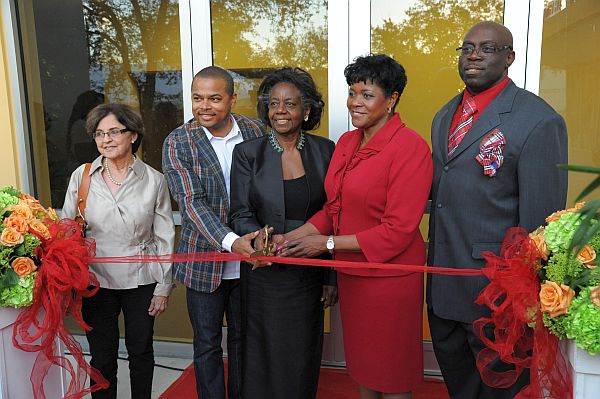
Thurs., Feb. 6, 2014
Ribbon Cutting -
Left to right:
Architect, Sylvia Jorrin; City of Miami, District 5, Keon Hardemon; Founder, Black Archives/Lyric Theater, Dr. Dorothy Jenkins Fields; Miami-Dade County Commissioner, District 3, Audrey Edmonson; Executive Director, Black Archives/Lyric Theater, Timothy A. Barber
Jay -- What was it like growing up in Miami during segregation?
Dr. Fields -- Motivating. During the first half of the 20th century there were black businesses, religious and educational leaders living in Miami′s black neighborhoods including Coconut Grove, Lemon City and Seminola with goal-oriented behavior. Some were entrepreneurs. Despite the obstacle of segregation, more specifically Jim Crow, they developed in Colored Town now known as Overtown a self contained community with the goods and services needed. There were black owned hotels, grocery stores, theater, hospital, fish markets, service stations, shoe maker, tailors, newspapers, seamstresses, barber shops, beauticians and churches as well as the services of dentists, medical doctors and lawyers. Residents as far south as Key West and north as West Palm Beach travelled to Overtown every two weeks for goods, services and entertainment. Still, as a result of segregation there were sever limitations.
Nevertheless, I was motivated witnessing the entrepreneurs′ investment of time, energy and resources. They led by example. Overtown also became a winter destination for black entertainers, academics, sports figures and other celebrities. We would see Jackie Robinson, Thurgood Marshall, Nat King Cole, Billie Holiday, Ella Fitzgerald and others in Jet and Ebony magazines during the week and on walking down Northwest Second Avenue on the week-end. It was an inspiring time growing up in Miami; still, as a result of segregation there were severe limitations.


